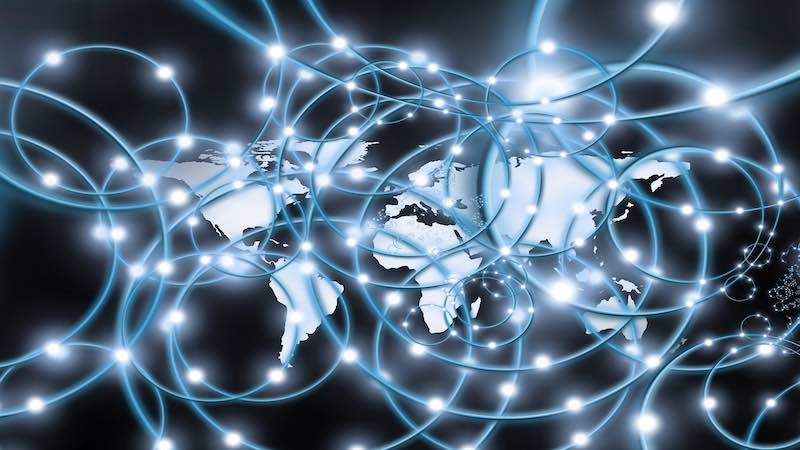In our days, there is a broader, widespread and fashionable tendency
in psychology, or rather in popular psychology: the idea that we always get (or attract) whatever we think, that in one sense through our so-called “thought-forms” (of cognitive content) we are able to selectively draw to ourselves elements from our surroundings.
Consequently, if I think positively, if I am an optimist, I shall attract events that are good for me…
So, it is said, if we change what we think, then
we will affect the field around us and also change the people and the situations that we draw to us.If I firmly believe that I will succeed in something, rather than fail, then my belief will draw what I need towards me and I will succeed.
By the same strange logic, with not the appropriate or with negative thoughts we condemn ourselves to failure! In any case, some believe that we are the ones who by our thoughts lay out the road ahead of us at will.
There seems to be a widespread idea that if we want something with all the power of our being, the universe will conspire to give it to us …
Now, when we change our beliefs and value systems, we most certainly change our interactions with the environment and we for sure create new channels of such interactions as well as new kinds of life-events. This happens not only consciously but mainly non-consciously through several kinds of processes, about which, today, we started to explore.
However, all this is VERY different from the naif idea that “with my mind I can metaphysically change reality”.
So, as much as I totally agree that changes in the way of thinking result to changes in life, so much I STRONGLY DISAGREE that we can change what we are and reality just by thinking strongly what we wish (for my approach to this topic, you may see my live video under the same title in this link).
In two words, my arguments are:
***(1) Today we know that our mind and consciousness is only 12% of our being – all the rest is NON-CONSCIOUS, non-verbal and has to do with our bodies and feelings.
So, let’s say that once I have had a traumatic experience.
What happened then, was imprinted on my wholeness: on my mind, body and feelings (body and feelings are the same thing, I speak separately about them here only to make clearer my thoughts).
Even if after some time I manage to change my way of thinking about that event, I change only 12% of my experience.
To fully change the meaning of a past experience I need to work patiently with my wholeness and not only with my mental part.
(2) By now, we know that our fundamental self-sense and the first stages of all experiences start being composed in our bodies, much before reaching our brain and enter our mind and consciousness. We cannot think without our bodies.
Our bodies are not only a house for some invisible substance that once was called “consciousness”.
The saying “I think therefore I exist” is no more valid.
Today, we know that what happens is “I exist in this world physically therefore I am able to think”.
So, I cannot just by my mind alter my self-sense and I of course cannot create physical reality – like a Harry Potter who uses his mind as a magic wand.
The ideas of superficial metaphysics
that our thought-forms create reality is for me another sad post-effect of the “New Age” movement, in which quantum physics and metaphysics are naively mixed in arbitrary imaginary combinations.
Yet, they are still extremely fashionable – maybe because most of us need the delusion that we can overpass magically the pain of authentic growth.
Even if I risk to be seen being a heretic with regard to such faddish, epidemic ideas, I think that we often place exaggerated emphasis on the power of our minds (as well as on positive thinking and optimism), because we desperately need to do something to cope with our deep existential agonies.
Indeed, we do so to a point where this forms a kind of not only a fashion, but even of a new “ethic” – the ethic
of an omnipotent mind that is able, by learning to think positively, to create a positive reality…
However, the only result is to strengthen the wall that separates us from our non-conscious “Shadow”; in there, our terrifying ontological agonies can be isolated from awareness, well hidden behind our illusion of controlling things with the power of our mind.
NOTE:
this text is an adjusted and consised excerpt form my 2nd book translated in English “Shadow: our silent companion through life’s journey”

